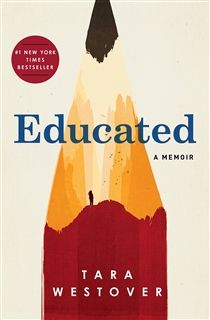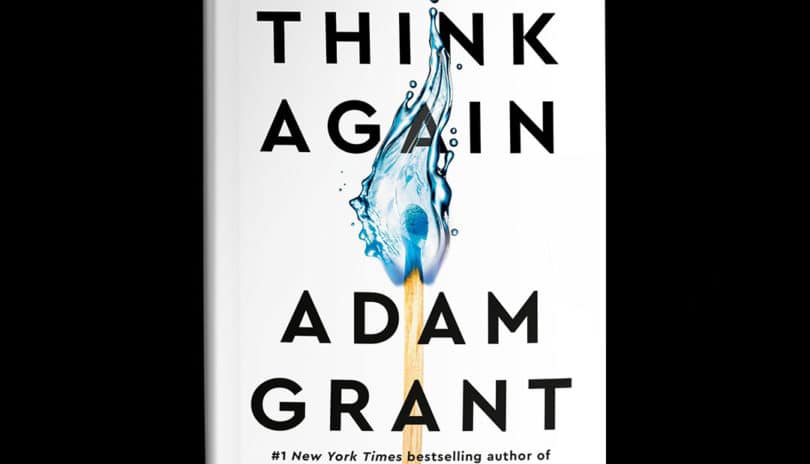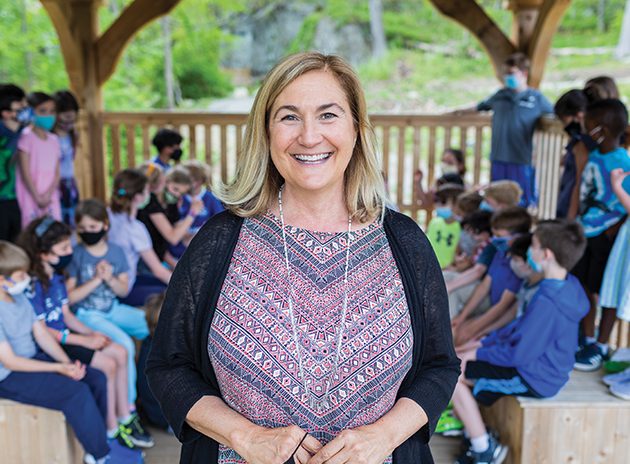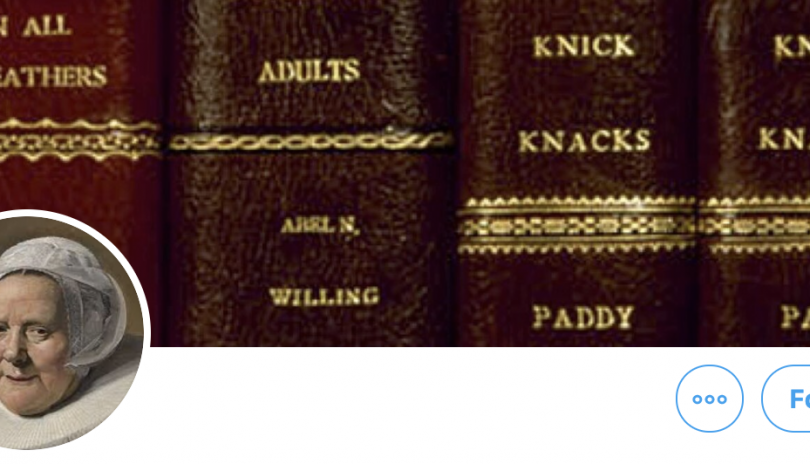Tara Westover’s memoir Educated considers the role formal education plays in our lives, as well as the many ways we learn about the world through our experiences outside of school. Westover was not enrolled in formal schooling during her elementary years. Much of Educated focuses on what Westover learns outside of the classroom, whether exploring the Idaho mountainside where she was raised, or the lessons she is required to learn because of the challenging – sometimes traumatic – circumstances of her upbringing.
The idea of “self-creation” being tied inextricably to education makes sense in a context like DCD. The process of educating a child shapes them in deep ways – from building their capacities and influencing their interests, to shaping the frameworks they will use to make sense of new ideas and reinforcing their expectations for trust and kindness – and DCD plays a role in it all. Because of our developmental focus, we are always looking for opportunities for children and adolescents to take on as much independence as possible and to contextualize what they learn so the process of learning and the process of self-creation become one and the same. While much of what Westover experiences in her book is difficult, Educated is a beautiful exploration of how much we can learn when we are open to all that is around us, reflective about all we experience, and connected through strong relationships with people who can help us understand both ourselves and our world.








